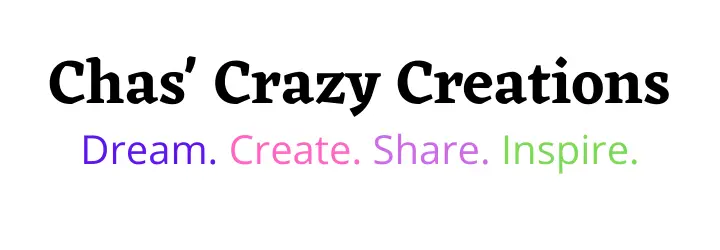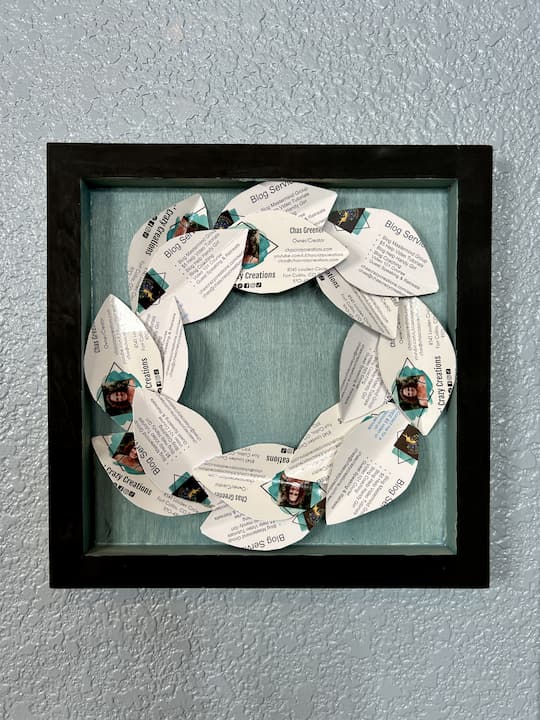Inspiring Digital Art Ideas: Unlocking Your Creativity
Are you looking for inspiring digital art ideas? Immerse yourself into the vibrant world of digital art and unlock your creativity with limitless potential at your fingertips. From pixel design to 3D modeling, typography, or animation, digital art provides you with an exciting medium to express your ideas and narratives.
This guide acts as your compass as we delve into the multiple possibilities that foster creative innovations in digital art. Together, let’s explore some inspiring ideas that can be the launchpad for your artistic journey, helping you turn your imagination into mesmerizing digital masterpieces.
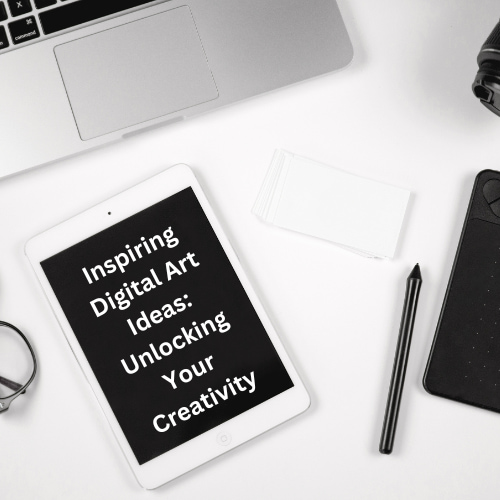
Inspiring Digital Art Ideas: Navigating Trends and Exploring Opportunities
Trends in Digital Art
To keep up with the ever-evolving world of digital art, it’s essential for both beginners and seasoned digital artists to stay informed about the latest trends. Whether it’s creating concept art for video games, digital illustrations for movies, or fan art with a unique style, understanding what’s currently popular in the digital art world can help artists connect with fans and potential clients.
Concept Art Workshops
For beginners looking to dive into the world of digital art, concept art workshops are a great way to get started. These workshops often cover new techniques and provide valuable insights from top digital artists. By attending these workshops, aspiring concept artists can rapidly enhance their expertise.
Hiring a Digital Art Director
When working on digital design projects like movie posters or video game concept art, hiring an art director with expertise in computer graphics can make a significant difference. An art director’s guidance ensures that the digital artworks meet industry standards and effectively convey the desired mood and concept for movies or games.
Digital Art Contests
Organizing contests for digital artists can be an excellent way to discover new talent and fresh ideas. These contests can cover a wide range of themes, from sci-fi and fantasy to fan art for popular comic books or movies. It’s a fantastic opportunity for both beginners and top digital artists to showcase their skills and gain recognition.
Digital Painting Portfolios
A strong digital painting portfolio is crucial for artists looking to get hired for concept art in the entertainment industry. It’s where an artist’s unique style, such as a Disney-inspired collage or a sci-fi poster, is on full display. Fans, as well as art directors, can browse these portfolios to find the best digital artist for their projects.
The Role of Artificial Intelligence
With the growing influence of artificial intelligence in graphic design and digital illustrations, artists can explore new ideas and techniques. AI tools, often integrated into software like Adobe Photoshop, can assist artists in creating digital paintings, making the creative process more efficient and exciting.
Digital Art in Movies and Video Games
Digital art plays a vital role in the creation of movies and video games. From concept art that sets the visual tone to creating digital illustrations for in-game assets, artists have a direct impact on the entertainment industry. They help bring fantasy worlds and sci-fi adventures to life, and their work often has a dedicated fan base.
Digital Art for Comics
Digital art has revolutionized the comic book industry. Comic book creators can now easily collaborate with graphic designers and digital artists to produce visually stunning comic books that attract fans with their unique style and storytelling. Comic books, once a paper-based medium, have evolved to embrace digital design, opening up new opportunities for creators.
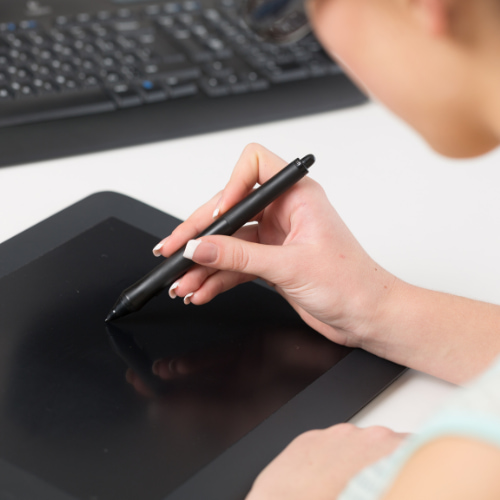
Unlock Your Creativity With These Inspiring Digital Art Ideas
Expressing creativity through digital art is both enjoyable and rewarding, even when you’re just starting out. Get ready to enrich your imagination with these inspiring digital art ideas.
Make a Filter for Social Media
In a world where fun filters rule social media engagement, creating your own can be a thrill. Try your hand at coming up with innovative and interactive designs that users would enjoy. This can polish your digital art skills while pushing the boundaries of what’s possible in the online space.
Design a Personal Logo
In the realm of branding, simplicity speaks volumes. Designing your personal logo for a fake company can be the culmination of your digital art venture as it encapsulates your creative essence. Focus on minimalistic yet memorable designs that reflect your style and values.
Print Out Temporary Tattoos
Imagine wearing your art, literally! Designing digital art for temporary tattoos offers a unique canvas to express your creativity. It’s not only fun but also lets you see how your design interacts with natural body contours and movements. Create, print, wear, and inspire!
Put Together a Mosaic Portrait
Injecting a new lease of life into traditional portraiture, a mosaic portrait can be an exciting venture! Assemble smaller images to create one unified, larger picture. The result is a fascinating interplay between individual and collective identities. Plus, it’s really fun!
Use Makey Makey to Create Sculptures
Delve into the intersection of digital art and physical sculptures using Makey Makey. This tool allows you to connect physical objects to computer programs, inspiring unique mix-media creations. Give life to your imagination in a tactile way while exploring this exciting realm.
Animate a Unique GIF
The world can’t get enough of engaging GIFs. Creating your own can be both fun and informative, teaching you the nuances of animation frames. Personalize your style and observe the power of looped visuals. This digital art practice has ample room for innovation.
Try Out Light Paintings
Light paintings utilize trails of light to create shapes or images. All you’ll need is a glow stick and a long exposure app to create light-trailing images. Experiment with long and short lines, stars and spirals, and dots. If you want to go for something classic, draw Mickey Mouse ears!
Edit Unlikely Images
Across the internet, you’ll find obviously “Photoshopped” or edited images, while others are much harder to notice! If you want to become a digital art savant, start experimenting with adding objects or people to images. This could create unlikely scenarios, like a cat dancing.
Work With Gradients
The gradient tool often found in design software is underutilized but can be used to create some fun images. For example, you could create multiple hills, each of which would have its own gradient color. You could also add some black shapes in the foreground to make them pop.
Create a New Character
Want to write a book or illustrate a comic, but you’re having trouble creating a new character? You can use AI to generate images based on their personality or general vibe. Once done, you can tweak these images using AI editing tools, such as background removers or enhancers.
Shop any of these stores and I receive a small commission at no cost to you.
 HUION Inspiroy H640P Drawin...Shop on Amazon
HUION Inspiroy H640P Drawin...Shop on Amazon XP-PEN Deco 03 Drawing Tabl...Shop on Amazon
XP-PEN Deco 03 Drawing Tabl...Shop on Amazon Divoom Pixoo - Pixel Art Di...Shop on Amazon
Divoom Pixoo - Pixel Art Di...Shop on Amazon Upgrade Optical Image Drawi...Shop on Amazon
Upgrade Optical Image Drawi...Shop on Amazon Portable Optical Drawing Bo...Shop on Amazon
Portable Optical Drawing Bo...Shop on Amazon XIAOSTAR Light Box Drawing ...Shop on Amazon
XIAOSTAR Light Box Drawing ...Shop on Amazon
Inspiring Digital Art Ideas Q & A
Are digital artists in demand?
Absolutely! The demand for digital artists is soaring in today’s tech-driven world. With the continuous advancements in technology and the growing need for digital content, industries such as gaming, advertising, film, and animation are constantly seeking skilled digital artists to bring their projects to life. The ability to create captivating visuals and tell stories through digital mediums has become an essential skill, opening up a world of opportunities for talented digital artists. So, if you have a passion for digital art, rest assured that your skills will be in high demand.
Can you make money as a digital artist?
Definitely! Being a digital artist can be a lucrative career path. With the increasing demand for digital content in various industries, there are plenty of opportunities to monetize your skills. Digital artists can earn income through freelance projects, commissioned artwork, selling prints or digital files, licensing their work for commercial use, working for creative agencies, or even running their own online stores or art platforms. It may require dedication, networking, and marketing yourself, but with talent and determination, you can certainly make money as a digital artist.
Where do artists get their ideas?
Artists get their ideas from a multitude of sources and inspirations. Some may draw inspiration from their personal experiences, emotions, or observations of the world around them. Others may find inspiration in nature, literature, music, or other forms of art. Many artists also explore different cultures, histories, or societal issues to create meaningful and thought-provoking works. Additionally, artists often engage in experimentation and playfulness, allowing their imagination to run wild and uncover unique ideas. Ultimately, ideas can come from anywhere and everywhere, and it’s the artist’s perspective and creativity that brings them to life.
Who invented digital art? Who created digital art? Who started digital art?
The concept of digital art emerged with the advent of computers and digital technology. It is difficult to attribute the invention of digital art to a single individual as it has evolved and been shaped by numerous artists and innovators over time. In the 1960s and 1970s, pioneers like Frieder Nake, A. Michael Noll, and Vera Molnar explored the possibilities of creating art with computer programs. However, digital art as we know it today has been influenced by a vast range of artists, programmers, designers, and technologists who have contributed to its development and continued evolution.
Why digital art?
Digital art offers numerous advantages and opportunities for both artists and viewers. Firstly, it provides a vast range of tools and techniques that allow for limitless creativity and experimentation. Digital platforms provide access to a wide array of brushes, colors, textures, and editing capabilities that traditional art mediums may not offer. This opens up a world of possibilities for artists to explore and express their ideas in unique and innovative ways.
Additionally, digital art offers convenience and flexibility. Artists can work on their creations anytime, anywhere, as long as they have access to a computer or tablet. Digital files can be easily saved, shared, and reproduced, making it easier to showcase and distribute artwork to a global audience. The digital medium also allows for easy revisions and modifications, empowering artists to refine their work and explore different iterations.
Furthermore, digital art aligns with our increasingly digital and interconnected world. It bridges the gap between traditional art and technology, allowing artists to explore new mediums, such as virtual reality or interactive installations. It also meets the demands of industries like gaming, film, advertising, and social media, which rely heavily on captivating visuals and digital storytelling.
Overall, digital art offers a platform for artists to push boundaries, experiment, and reach a wider audience. It provides endless possibilities for creativity and innovation in today’s digital age.
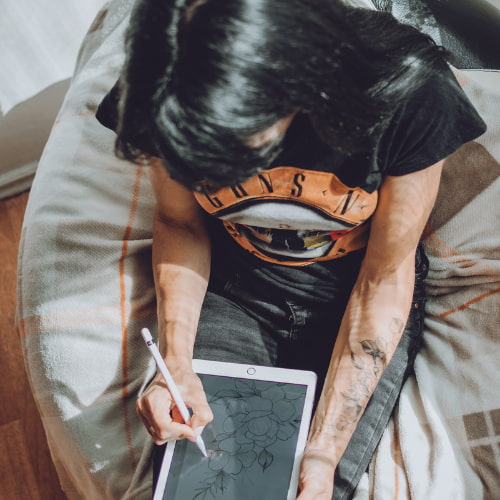
The importance of continuous learning and skill development in digital art
Continuous learning and skill development are crucial in digital art for several reasons.
Firstly, the field of digital art is constantly evolving, with new software, techniques, and trends emerging regularly. By engaging in continuous learning, artists can stay updated with the latest tools and technologies, allowing them to create more innovative and cutting-edge artwork. This not only helps artists stay relevant but also opens up new opportunities for collaboration and career growth.
Secondly, continuous learning helps artists refine their skills and expand their artistic repertoire. Through online tutorials, courses, workshops, and resources, artists can learn new techniques, explore different styles, and master various aspects of digital art, such as painting, illustration, animation, or 3D modeling. This broadens their artistic range and strengthens their ability to convey their ideas effectively.
Furthermore, continuous learning fosters personal and professional growth. As artists delve deeper into their craft and acquire new skills, they gain confidence and a sense of accomplishment. This confidence translates into improved artistic expression and a more distinctive artistic voice. Additionally, by continuously learning and pushing their boundaries, artists are more likely to overcome creative blocks, challenge themselves, and discover new artistic possibilities.
Continuous learning is also essential for adapting to the changing demands of the industry. As technology advances and new platforms emerge, digital artists need to stay ahead of the curve to meet the needs of clients and audiences. By embracing new tools, software, and techniques, artists can stay competitive and open themselves up to a broader range of projects and collaborations.
Lastly, continuous learning encourages artists to connect and engage with other professionals in the field. Participating in workshops, attending art conferences, or joining online artist communities not only provides opportunities for networking but also allows artists to learn from their peers, share ideas, gain feedback, and find mentorship. These connections can be invaluable in driving artistic growth, staying inspired, and exploring new creative directions.
In conclusion, continuous learning and skill development are essential in digital art. It allows artists to stay relevant, expand their artistic repertoire, foster personal and professional growth, adapt to industry demands, and connect with a vibrant and supportive artistic community. By embracing a mindset of continuous learning, digital artists can unlock their full creative potential and thrive in this dynamic and exciting field.
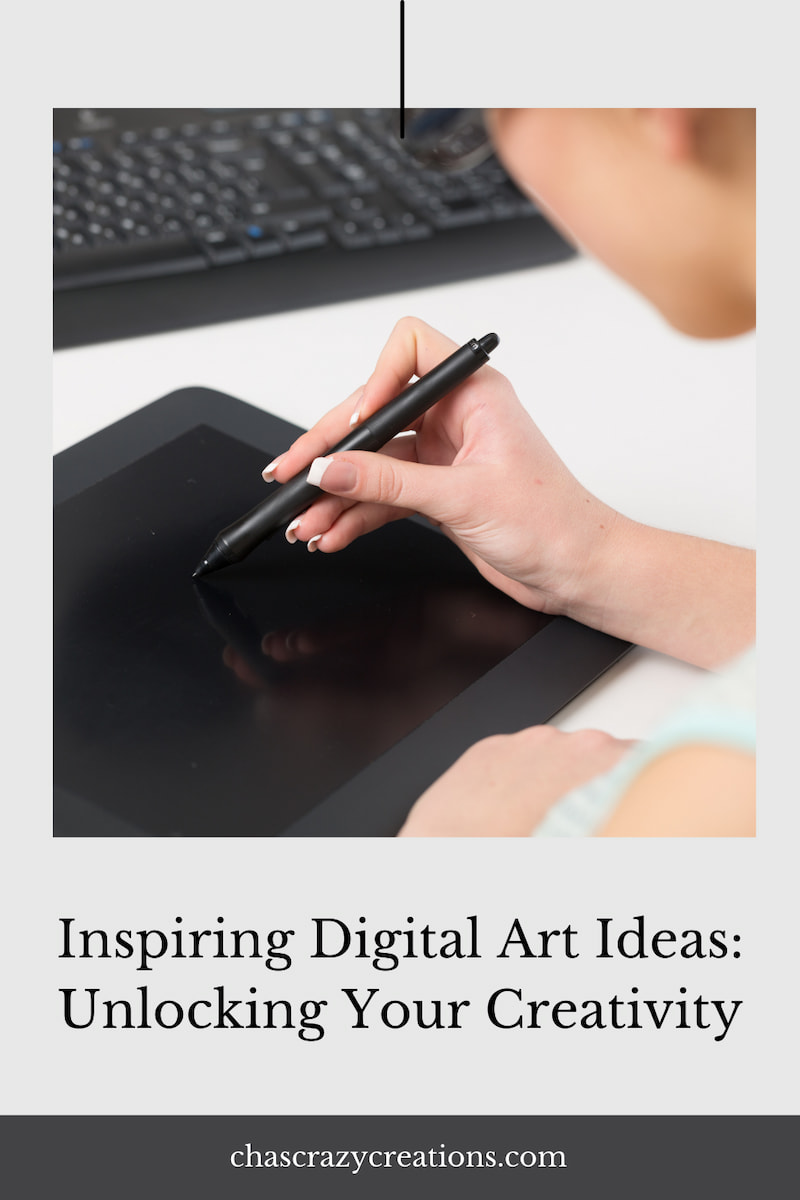
Further Reading
- How To Choose Art for Your Home: Amazing Options
- How To Make A DIY Light Up Canvas Art
- Easy and Fun DIY LED Lighted Canvas Art with Video
- Winter Light Up Canvas Art
Inspiring Digital Art Ideas Conclusion
Now that you’ve explored these digital art ideas, it’s time to awaken your creative spirit! Don’t be intimidated. Jump into this vibrant arena, let loose your imagination, and start shaping your thoughts into unique pieces. Remember, practice is key, and every mistake is a lesson learned.

